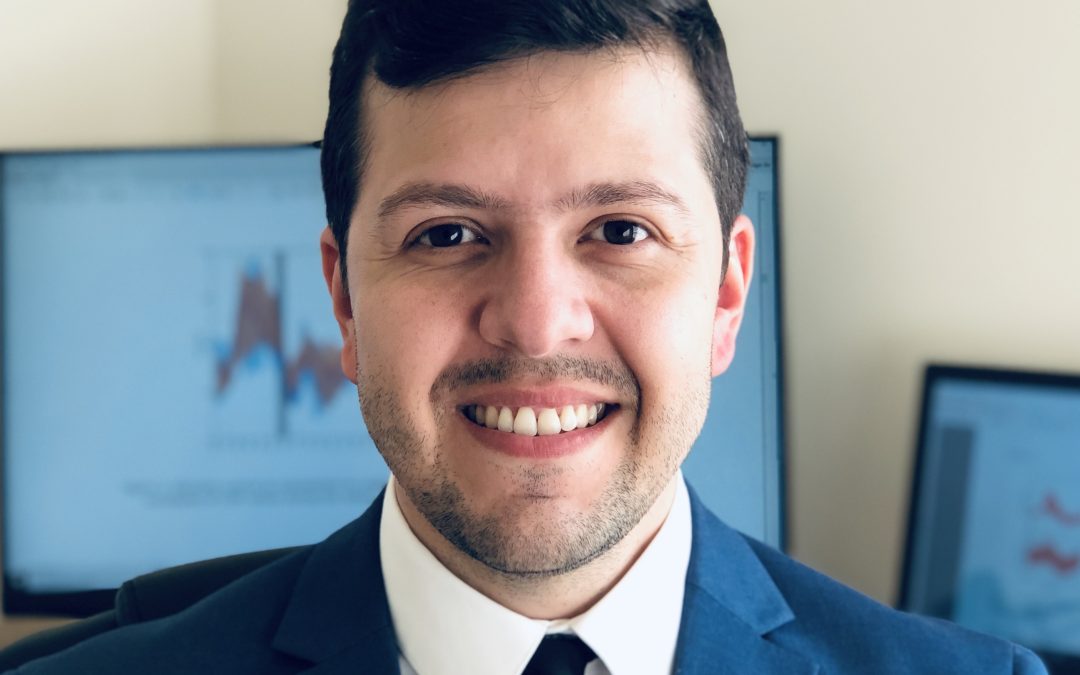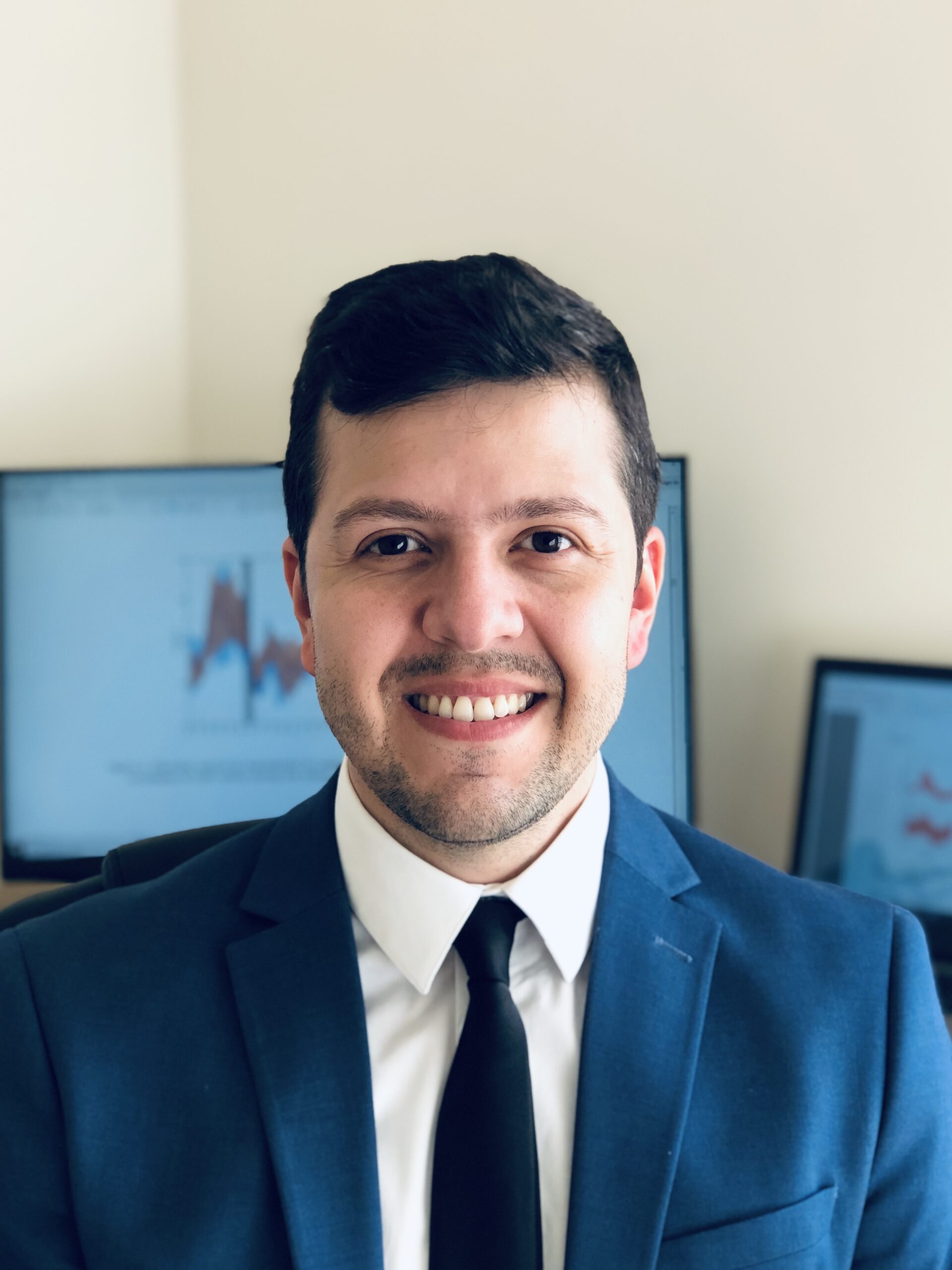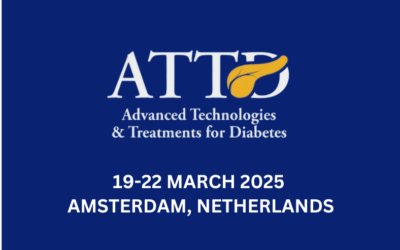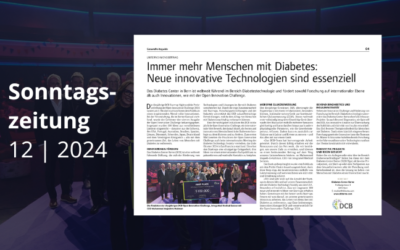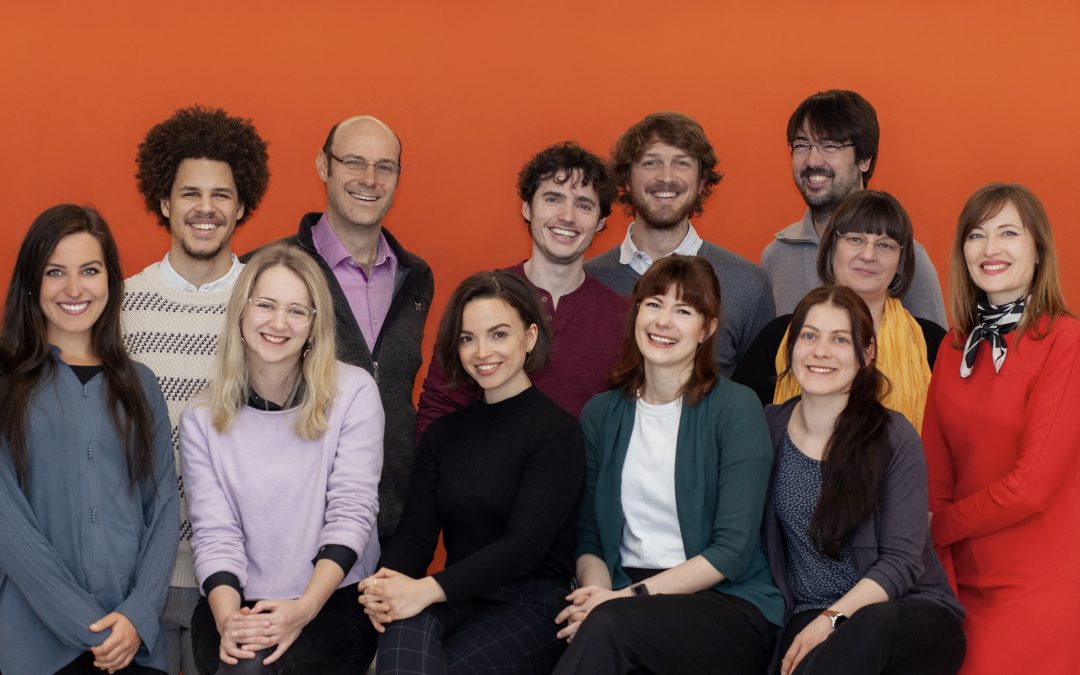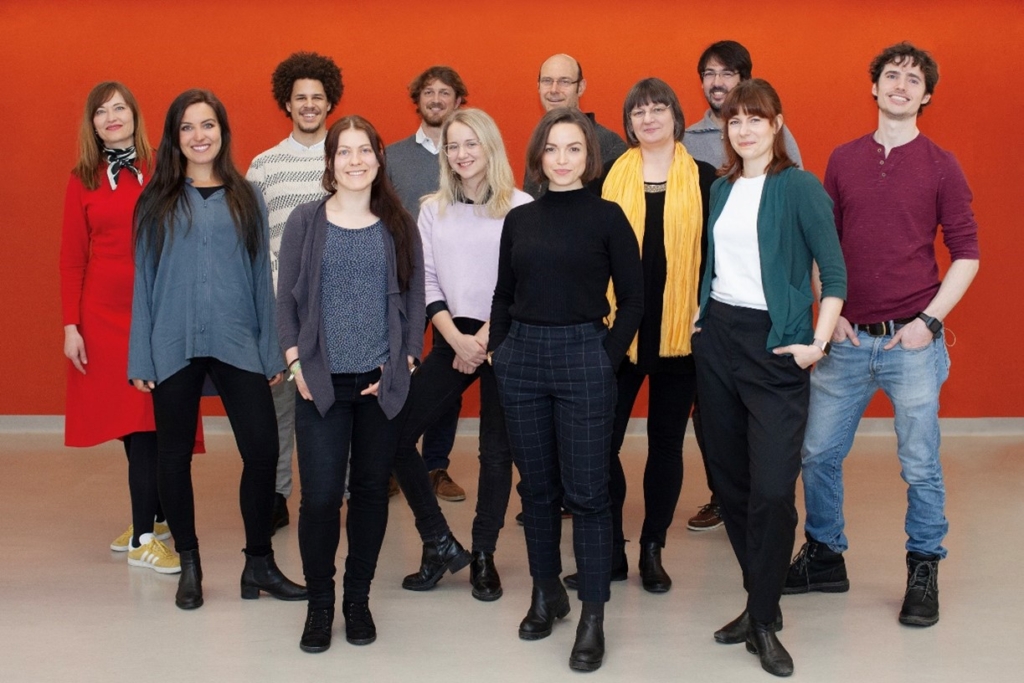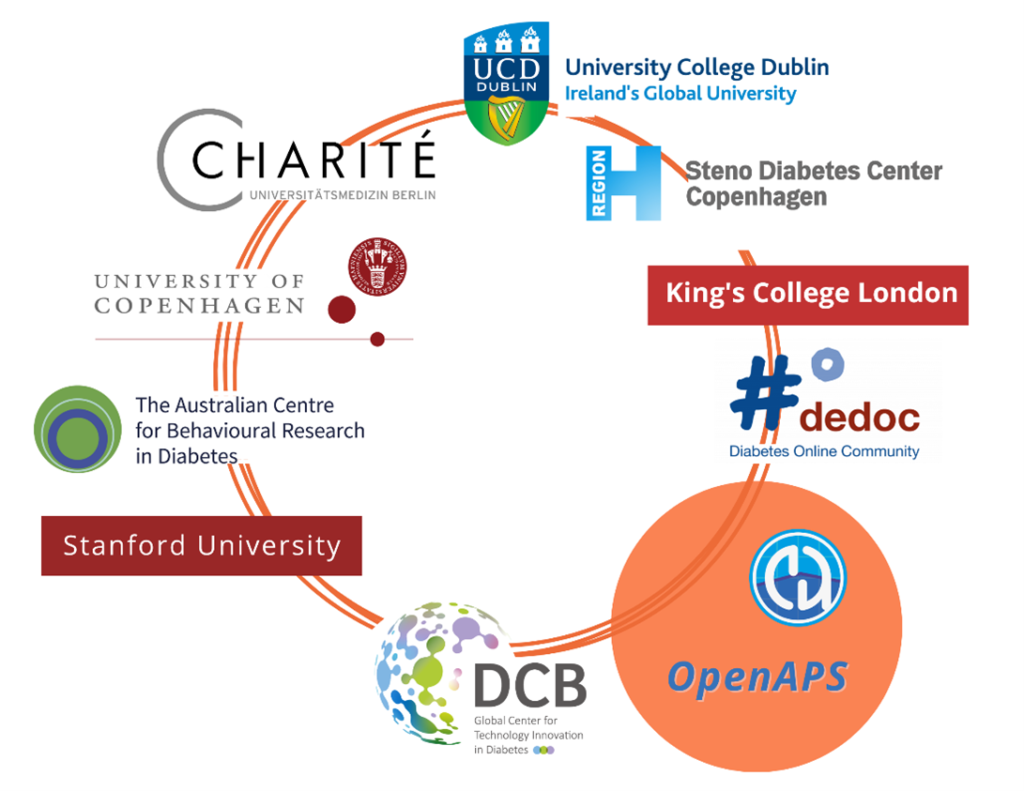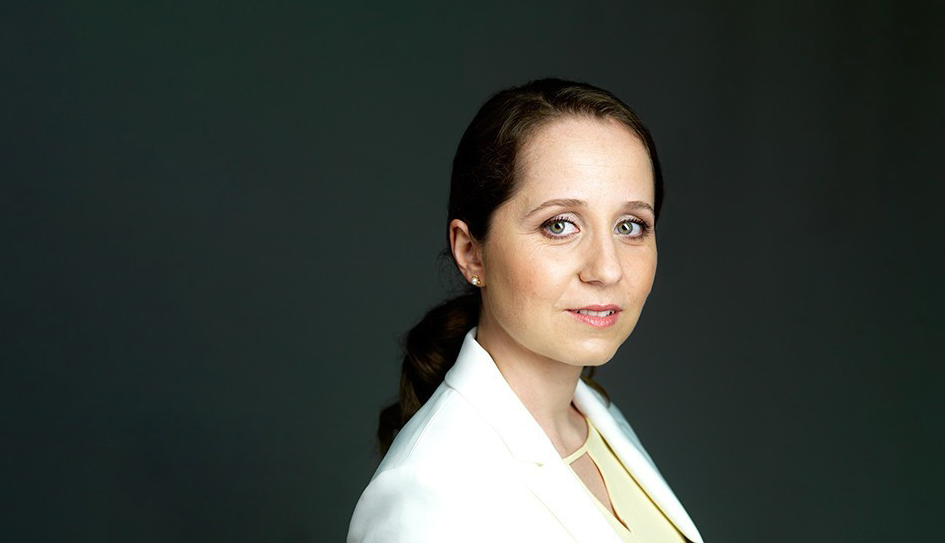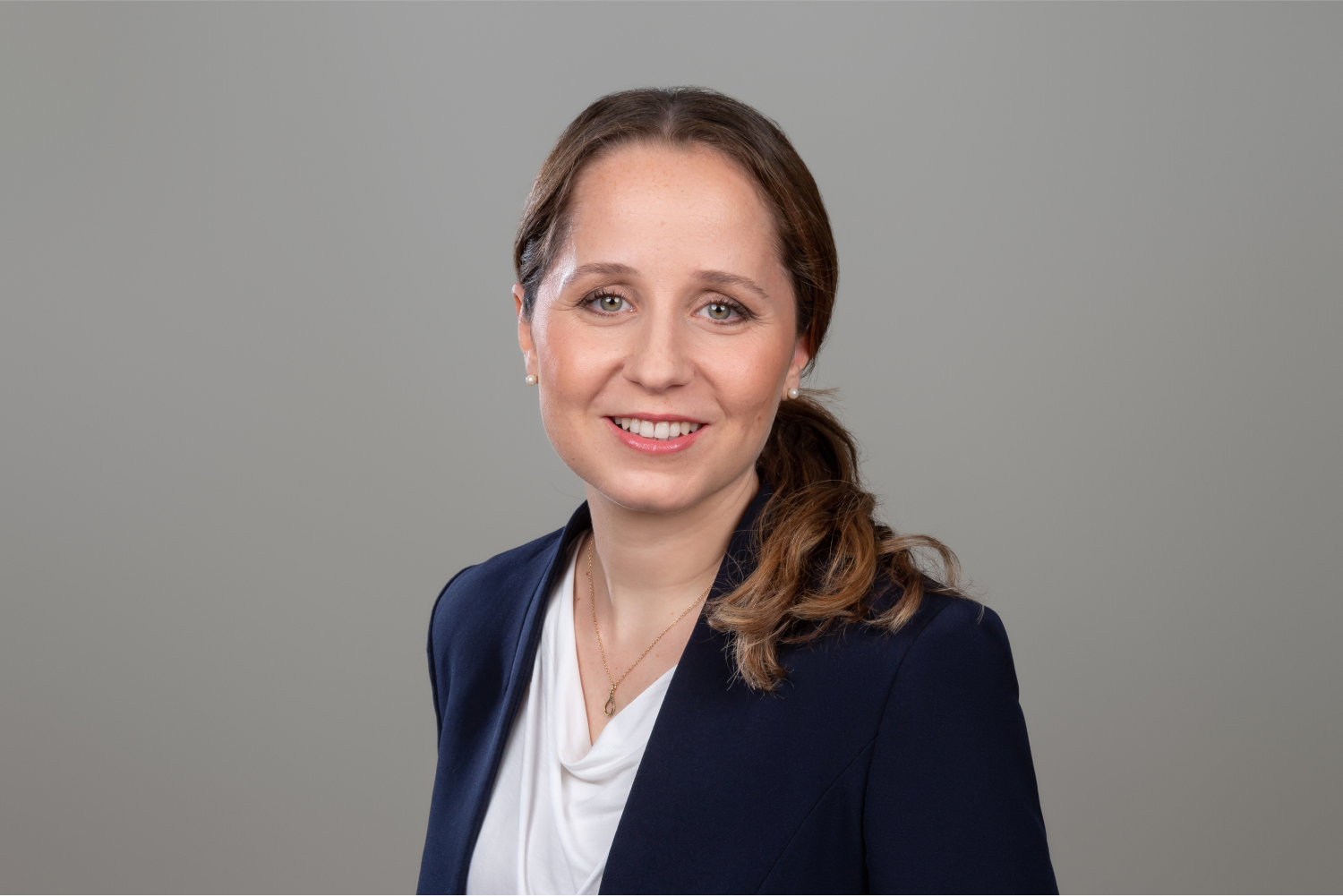Dear community, it's that time of the year again...the DCB Open Innovation Challenge is back – and this time, it's...
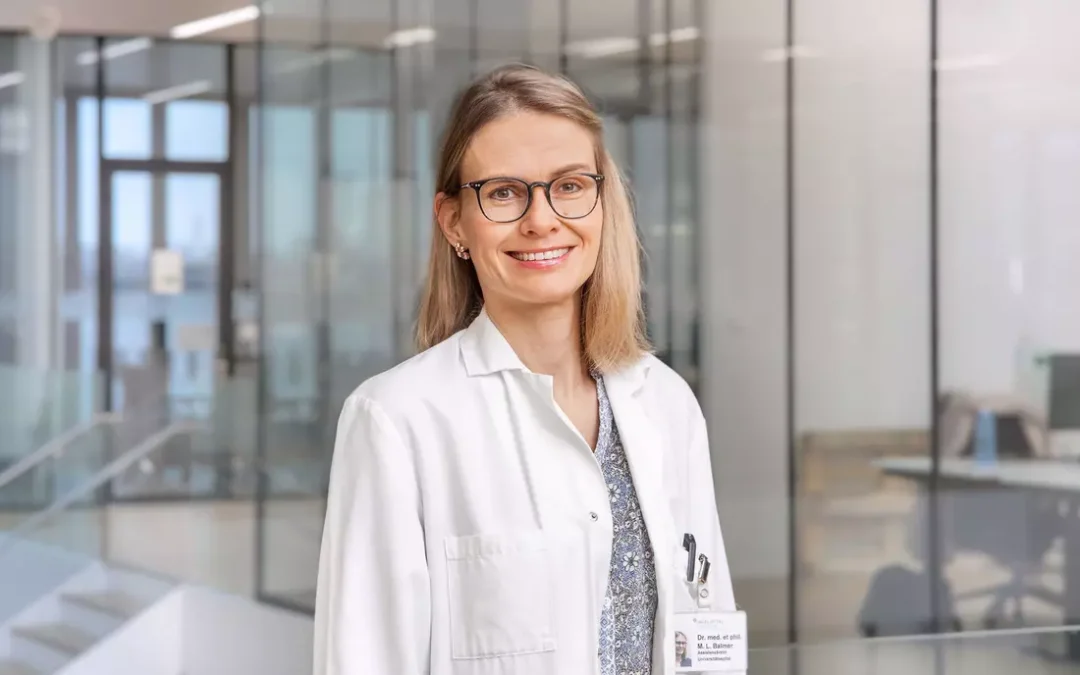
The FibreGum study – Changing the course of obesity
The FibreGum study – Changing the course of obesity
The goal of our study is to increase weight reduction in obese children and adolescents by stimulating the gut microbiome with a chewing-gum containing dietary fibres as an adjunct treatment to standard adiposity therapy.

Around one in six children in Switzerland is affected by overweight or obesity and the prevalence continues to rise. This increase in obesity and its associated comorbidities represents a huge socio-economic burden, as it leads to increased morbidity and mortality. Obesity is not only a chronic disease in itself, but also a major risk factor for the development of the world’s leading causes of poor health and early death; namely cardiovascular disease, various cancers, diabetes and osteoarthritis.
Read more about the project here.
More recent news
DCB Newsletter #3/24: The DCB Open Innovation Challenge is back!
DCB Newsletter #2/24: DID YOU KNOW… you can help crowdfund innovative diabetes education for South Africans?
Dear Community, we are happy to present you with the next episode of our series “DID YOU KNOW” – this time, with a...
DCB Newsletter #1/24: DID YOU KNOW… that there are Rare Types of Diabetes?
Dear Community, we are happy to present you with the next episode of our series “DID YOU KNOW” in which we publish...


DCB Research AG
Freiburgstrasse 3
3010 Bern
Switzerland
